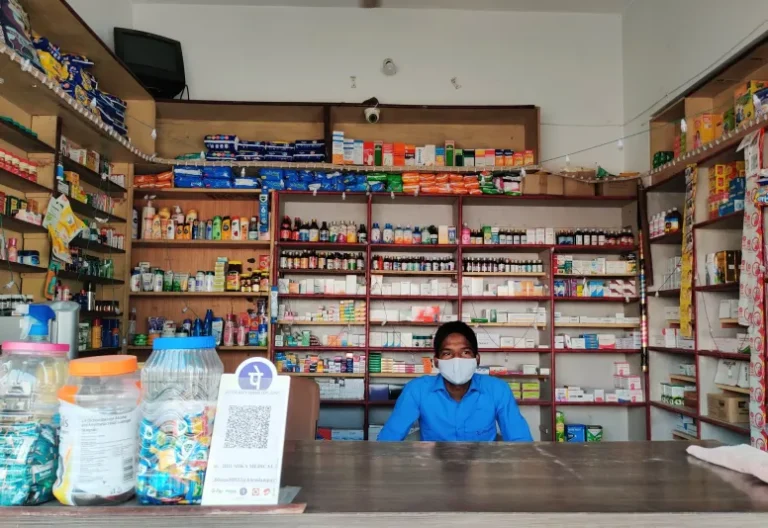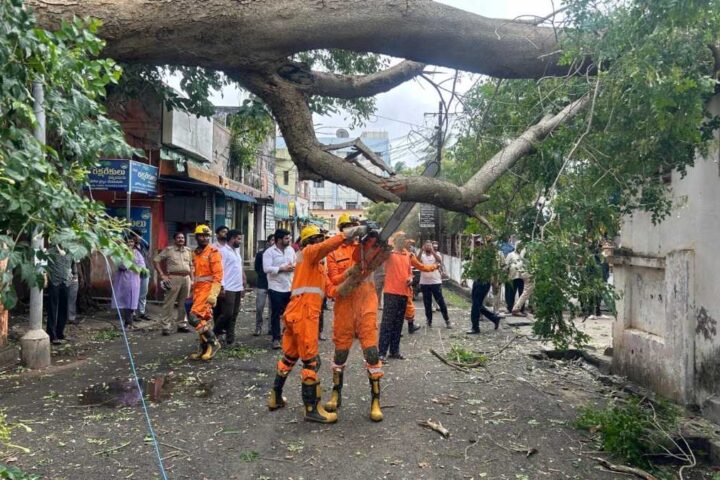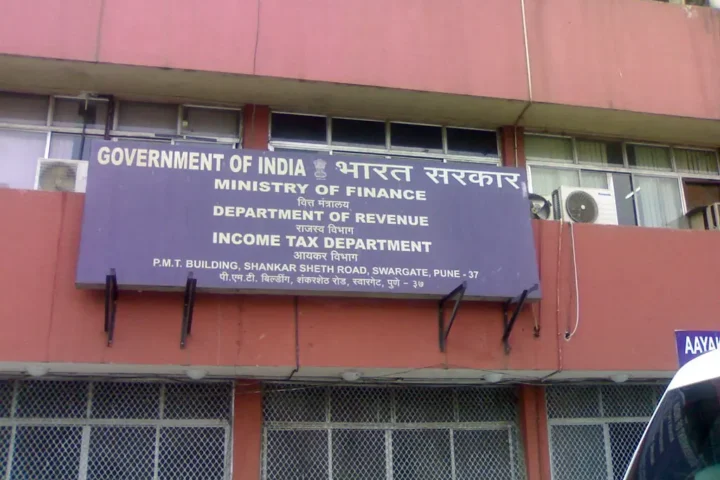India is the largest populated country. Out of around one and a half billion people, at least a billion need some kind of medical aid. This is provided by thousands of doctors spread across hospitals and private practices. The doctors prescribe medicines for patients. A pharmacist in a medical shop is supposed to give the medicines according to a doctor’s prescription. But a bizarre picture has emerged in Mumbai, the financial capital of India, where there was no pharmacist in 200 medical shops! So, who is responsible for such a sad state of affairs? What action will be taken by the Food & Drugs Administration regarding this issue has become a topic of debate & discussion among the concerned citizens. Therefore, there is a need to know about this topic concerning medical shops, pharmacists, and the problems arising due to their absence.
There are 50,000 medical shops in the state of Maharashtra, with a population of more than 100 million. The number of pharmacists is more than 140,000, as there are roughly 400 pharmacy colleges, offering courses like a diploma in pharmacy, a graduate & post-graduate degrees in pharmacy. So there is no dearth of trained personnel in the field of pharmacy. In fact, it is one of the popular courses of study among youth. But there may be a paucity of human resources to work in different shifts of day and night in medical shops. So, only one pharmacist is appointed in both big and small medical shops. It is an offence to sell drugs without a pharmacist according to the Drugs & Cosmetics Act of 1940, as amended in 1945.
Similar Posts
Now, let us see how we purchase our medicines & drugs prescribed by the physicians. When one goes to a medical shop to get the medicines, a pharmacist is supposed to give the prescribed medicines. A patient asks the pharmacist, out of curiosity, about the efficacy of drugs & the symptoms of disease. Sometimes a relative of a patient buys the essential drugs. There are queries about dos and don’ts while consuming the drugs by the affected persons. A pharmacist is supposed to provide information about the timings & effects of not observing a time schedule as prescribed by the physician/doctor. This is a part of medical literacy. It is the duty of a pharmacist to make a common person literate about drugs & their effects on health.
There is a need for the availability of drugs in medical shops all the time, as in hospitals. But a pharmacist is not available round the clock in shops. The business of a small medical shop is limited compared to a big or a branch of a chain of medical shops. So, the small medical shop owner says that he/she cannot afford to have more than one pharmacist in his/her establishment.

















